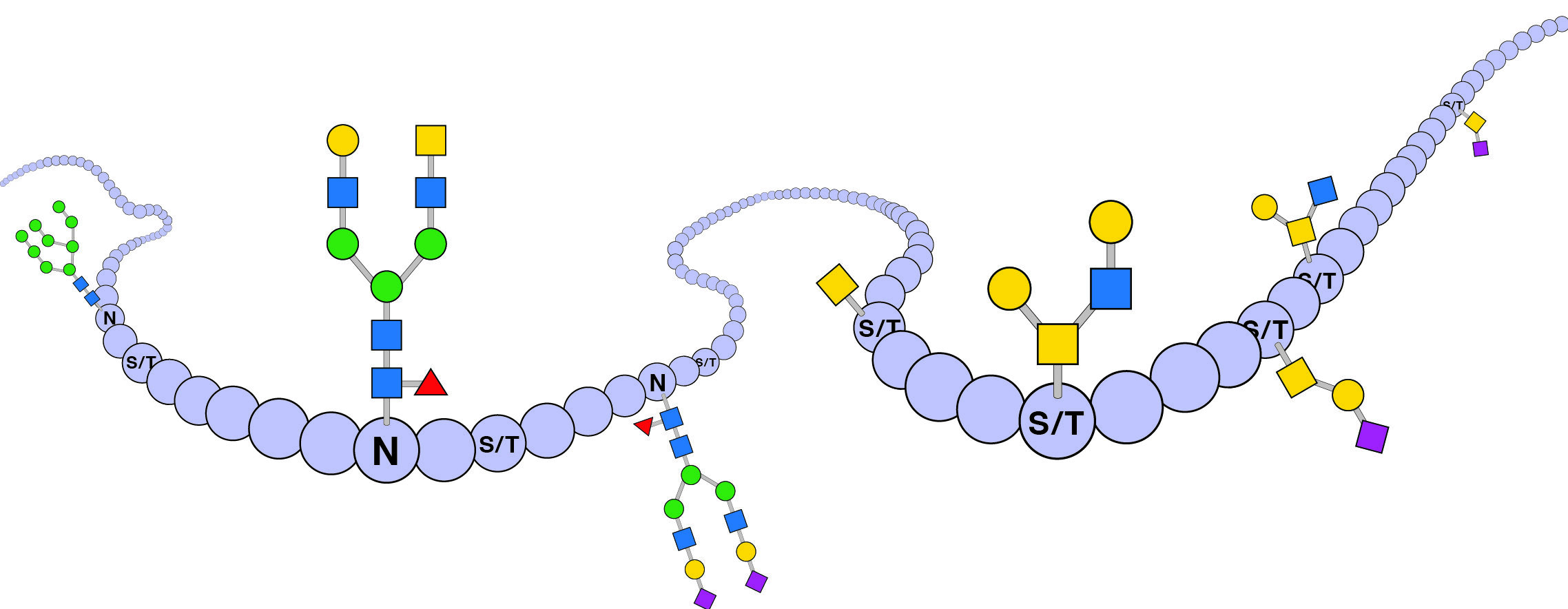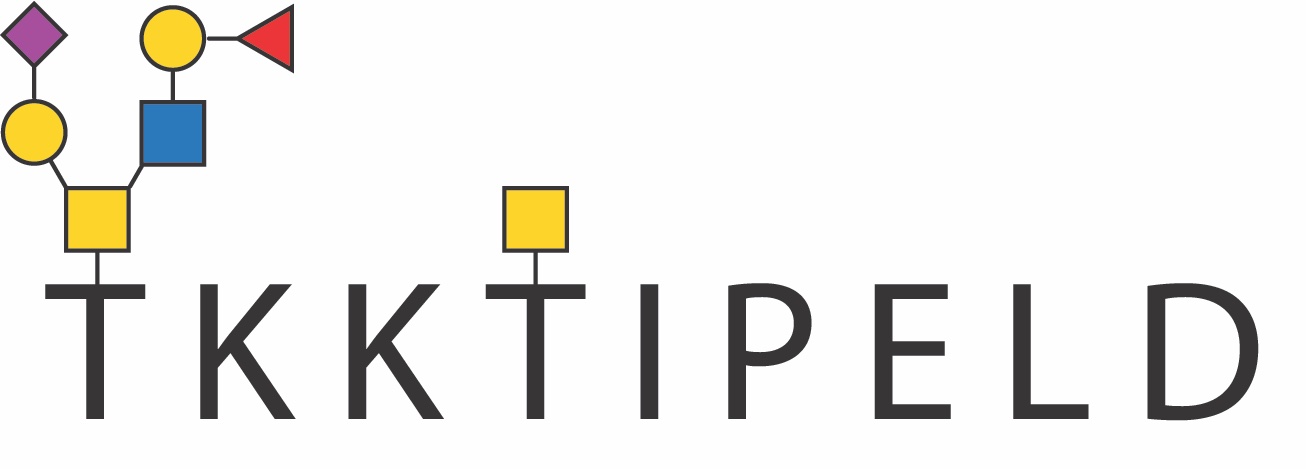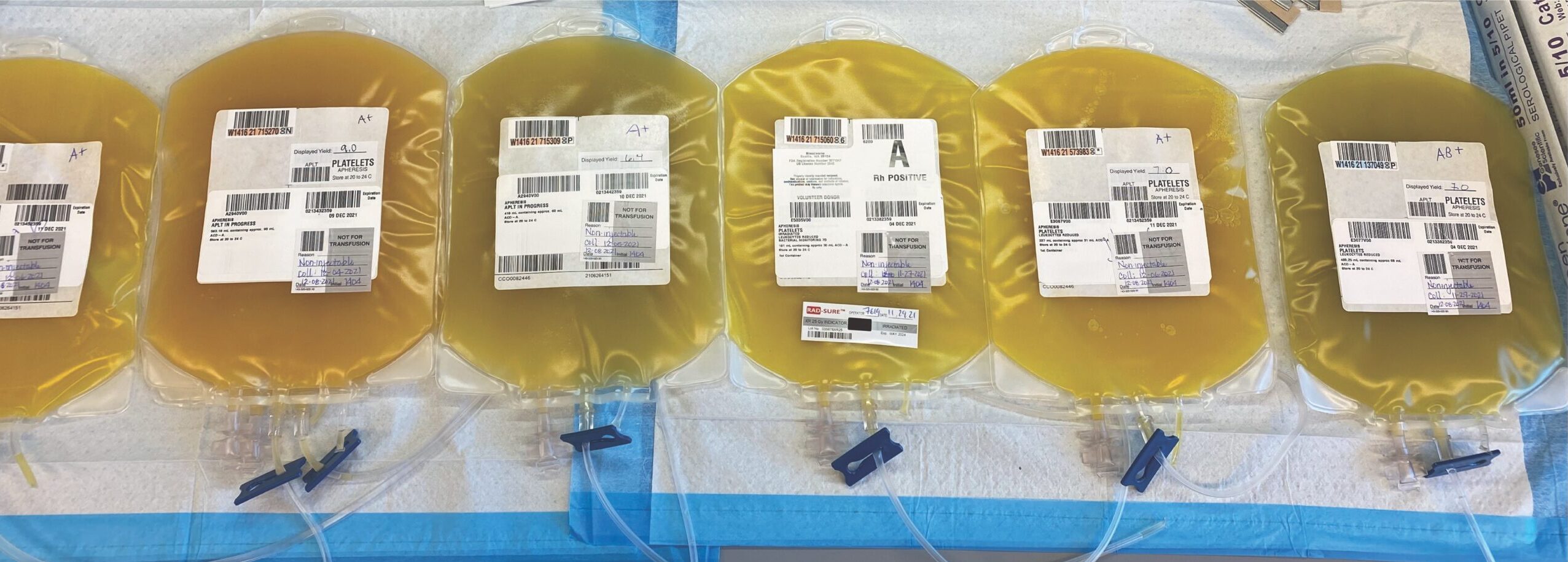
Bleeding and clotting (thrombosis) are major causes of morbidity and mortality. Worldwide, approximately 1 in four deaths are from thrombotic events, and approximately 1 in 100 individuals is affected by a bleeding disorder.
Platelets and coagulation factors function to stop bleeding, but also can contribute to pathologic thrombosis. Platelet membrane proteins and coagulation factors are densely decorated with carbohydrate polymers (glycans). These glycans regulate the structure and function of the proteins to which they are attached. In many cases, the glycans and their impact on platelet and coagulation factor biology are poorly characterized. We use chemical biology strategies to answer questions related to platelet and coagulation factor glycoproteins that are relevant for patients.

ABO Blood Type and the Hemostatic System
ABO blood type is associated with risk for bleeding and thrombosis (clotting). The reason for this epidemiologic association is incompletely understood. We hypothesize that ABO blood group antigens carried on hemostatic glycoproteins have an impact on the function of coagulation factors and platelets. We are working to determine the inventory of hemostatic proteins which carry ABO blood group antigens and how the function of these proteins is affected by ABO blood group status.
Platelet Glycans and the Anti-Platelet Immune Response
Glycans (carbohydrate polymers) on the surface of platelets play an important role in the immune response against platelets. We are working to determine how glycans on the platelet surface affect anti-platelet immune responses in diseases such as immune thrombocytopenia, post-transfusion purpura, and fetal/neonatal alloimmune thrombocytopenia.
